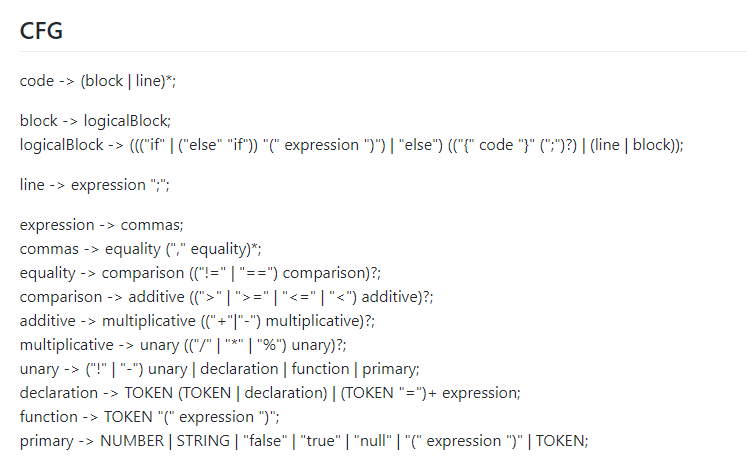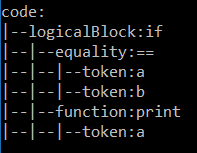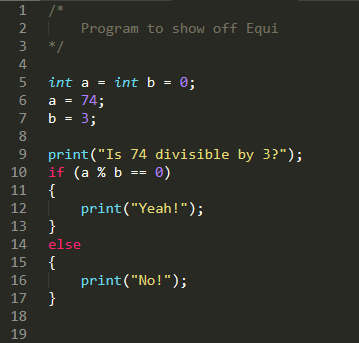|
Writeups on how to make a basic programming language are coming soon, but for now here's v0.0.5 of Equi: https://github.com/wrbernardoni/Equi
A coding competition, and the start of classes have delayed work on Equi, so right now multithreading is only in the development branch as it is only 50% feature complete. There's a persistent bug when it comes to returning values from completed tasks, but I have the solution figured out, just not the time yet to implement it. In the meantime Equi is a fun little toy language. As soon as my schedule opens up a bit more I plan on finishing up the core parrallelism of Equi and then moving on to implementing a type system and polymorphism into Equi. For now there's just primitive types but many more features are coming to Equi.
4 Comments
My website has been pretty static lately, as it has a habit of being. That being said, I've been far from static! Right now most of my time has been devoted to classes and many many math problem sets and readings, but I do have some software in the works. The main one should be making a debut here in a month or two and it is (drumroll please): Equi/Equicontinuous/EquiParallel -- the name is far from figured out. What it is right now is a scripting language that is slowly evolving, what it will be one day is a interpreted fully parallel programming language made for prototyping asynchronous big data programs on affordable clusters. There's a lot of work to get to those buzzwords though, and that is what I have been silently chugging away at. And it turns out that, to no one's surprise, programming languages are hard. They actually use a ton of techniques from natural language processing, because they are in their own way a language. Taking a line of code such as: if (a == b) print(a); And just understanding how it breaks down as a grammar is actually really nontrivial. You can't just read it left to right and figure out what to do (maybe this one example you can, but when it gets more complicated you cannot), because the grammar of a programming language isn't actually regular, they are usually context free. What that means is that we need to first define a grammar for our language, and then we need to find a way to work backwards from that grammar and build a "syntax tree" of what we want our code to do in a way that is more understandable for the code and in line with our intentions.
The current version just has logical operators and declarations working (as you can sorta make out from the CFG), but it does do some things. More details will come in a little bit. I have most of the ground work done on the very basic version of Equi in this very productive weekend, so progress should speed up. Right now Equi is not turing complete, and has some very odd little quirks in the design that need to be ironed out, but as soon as it is slightly more impressive you will be sure to see it open sourced and several more write ups coming on out on a bit more of the process and ideas at work behind the code.
|
AuthorHi, I'm Billy, a PhD student studying Math. Archives
January 2020
Categories
All
|




 RSS Feed
RSS Feed